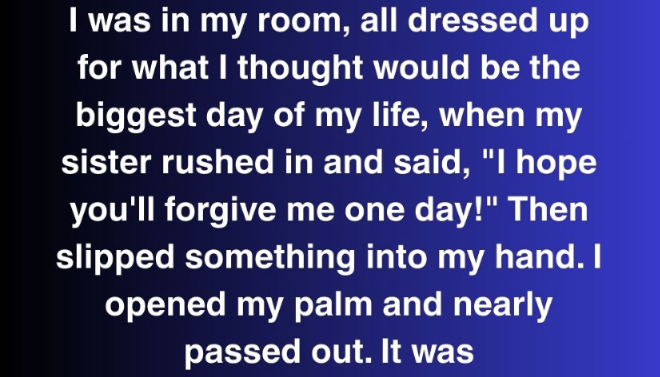The day my husband received his diagnosis, I felt my entire world shatter into pieces — unaware that it signaled the beginning of a profound, layered grief. Over ten years, we had built a life filled with happiness, goals, and shared visions. Then, in a sudden shift, our mornings turned into schedules of medication containers and our evenings overflowed with quiet worries. I told myself that devotion required constant resilience on his behalf, even while his condition started to alter every part of our daily reality.
As months turned into years, I shifted from partner to full-time caretaker. I managed appointments with specialists, kept our household running smoothly, and worked to remain a source of optimism despite the increasing darkness. Still, the person I adored had transformed into someone I barely recognized — not willingly, but through the grip of suffering and uncertainty that dominated him. I observed him withdraw on an emotional level, and although I understood his challenges deeply, I sensed my own spirit fading as well. I existed in survival mode rather than embracing life fully.
One calm evening, following yet another draining hospital visit, I glanced at my image in the mirror and encountered an unfamiliar face. I craved moments of joy and laughter. I desired to experience energy and vitality once more. In that honest instant of clarity, I realized that affection by itself could not heal the breaks inside my own heart. I chose to depart not due to diminished feelings — I stepped back because I had to reconnect with the individual I had been before the disease consumed our shared path.
When people heard about my choice to leave, they offered hasty opinions, oblivious to the countless sleepless nights filled with tears, the seasons spent fighting to hold everything together, or the ongoing remorse that followed my departure. I continue to wish for his comfort and well-being, yet in the time since, I have regained a precious gift — my true self. Sometimes, devotion involves holding on with determination. Sometimes, devotion involves releasing to protect the core of your identity.




